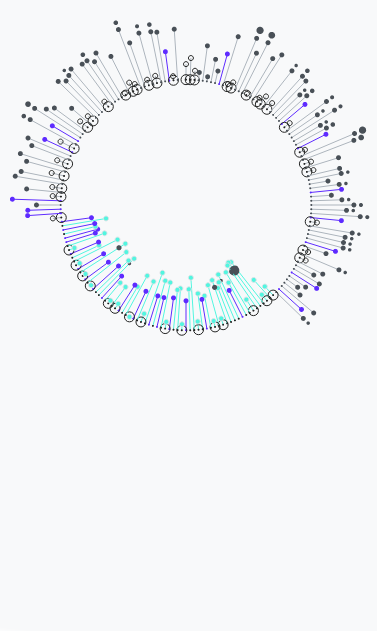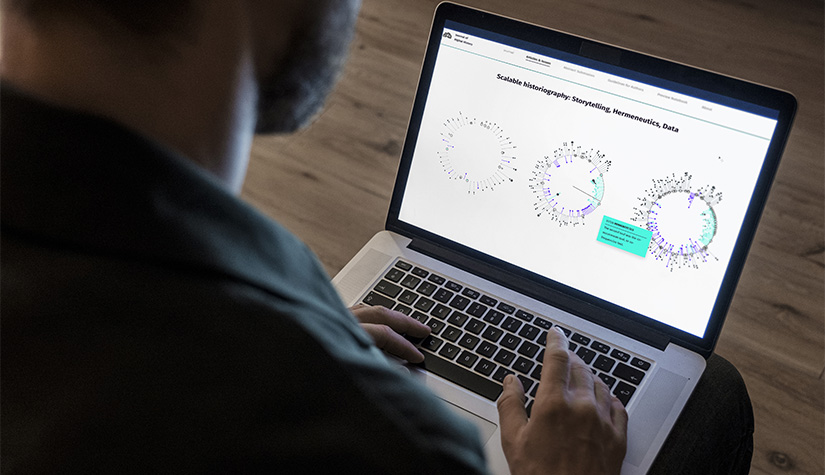Reshape the methodological underpinnings of history
The Digital History research group explores historical research’s digital turn in a critical, experimental, and interdisciplinary way. Technicians, designers and researchers of various disciplines collaborate to produce new historical tools and practices. All work closely together to share and hone their domain expertise, blurring the lines between disciplines and job titles to collaborate freely.
Explore
Journal of Digital History

Innovative digital history projects
The Digital History & Historiography projects help to unlock the full potential of historians working in the digital and open-science age.
